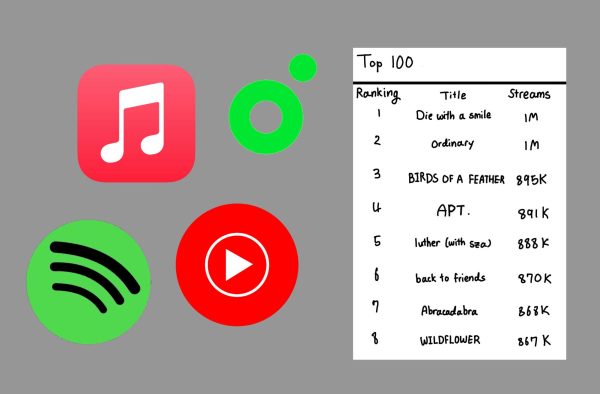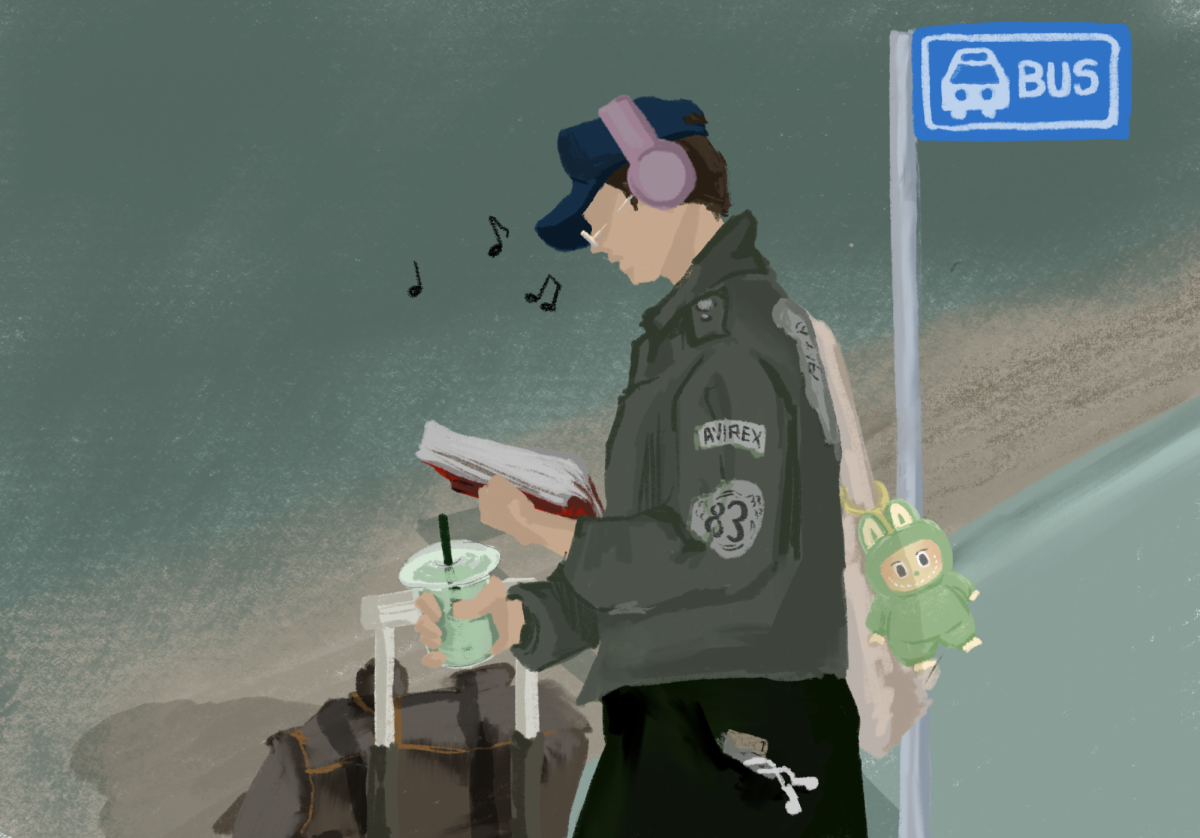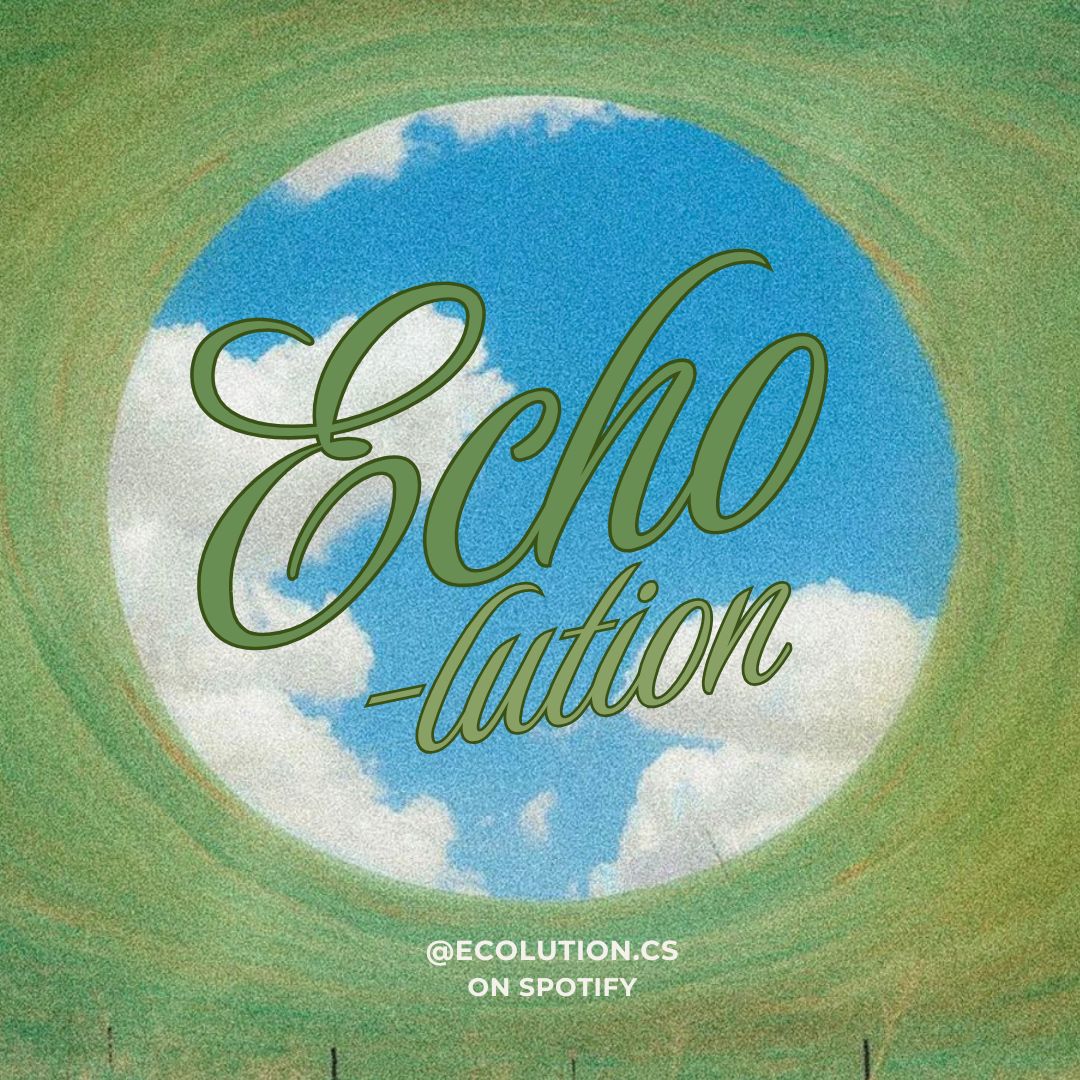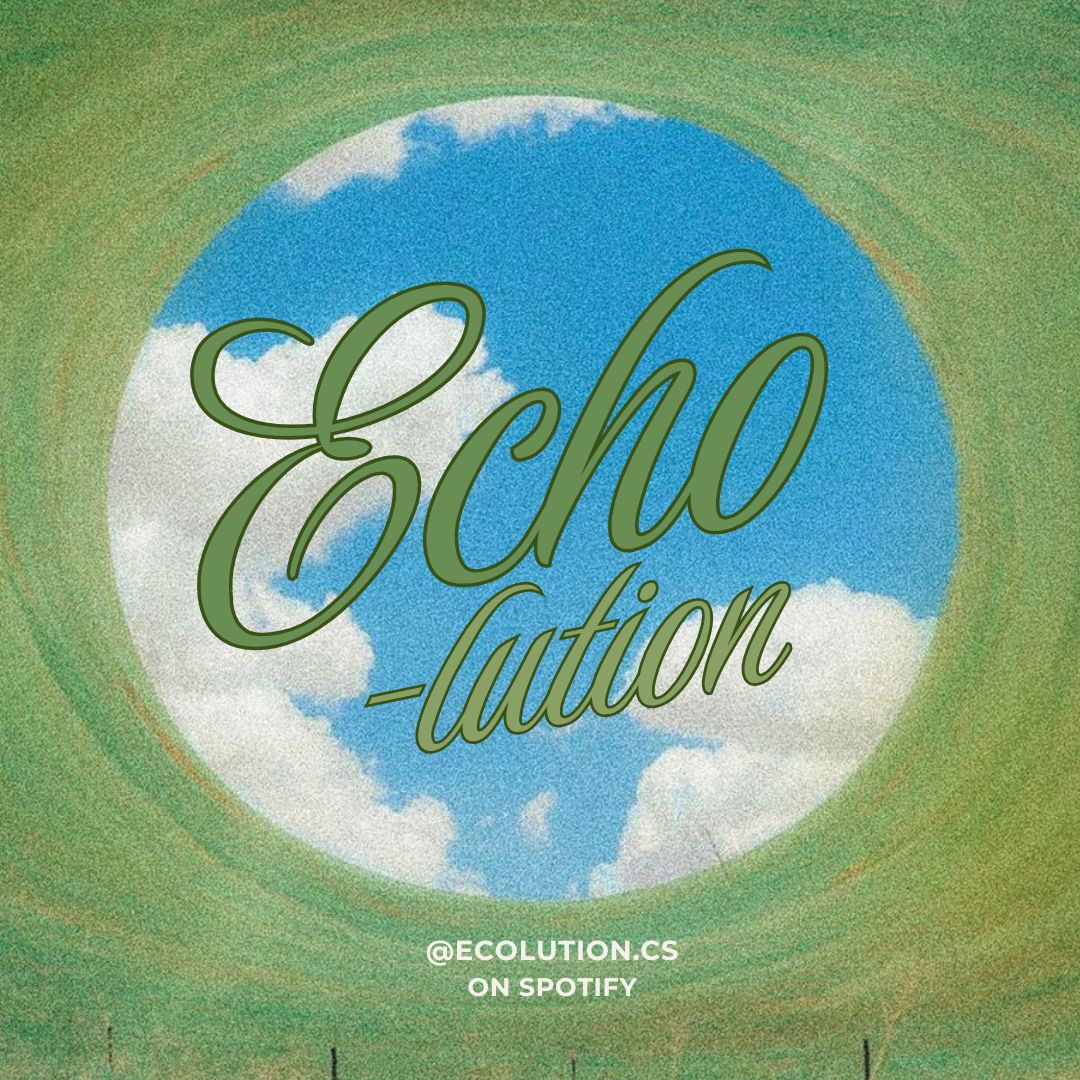From snowfall in April to intense heatwaves in May, the effects of climate change rise to the surface more each year in Korea. Despite this, many hobbies continue to harm the environment, and K-pop is no exception.

K-pop rapidly grew in the past decade from a niche genre to a music style that boasts millions of listeners worldwide. As the music garnered attention, album purchases also significantly increased. According to Circle Chart, a real-time sales tracker of K-pop albums, 93,281,819 total physical copies of K-pop records were sold in 2024.
While the increase in popularity raises awareness on Korean culture, fans must put rampant overconsumption under the spotlight: 93,281,819 albums produce around 1,632 tons of CD waste, under the assumption that one CD disk weighs 18 grams.
The K-pop industry entices mass purchases to boost its sales. For example, fan sign events utilize a lottery system where one album counts as one entry. Out of a desire to attend the event, fans purchase an absurd number of albums for a better chance in the luck of the draw and exacerbate environmental impact.
Some companies, such as JYP Entertainment (JYPE), collaborate with green music companies such as Nemoz Lab to produce eco-friendly physical albums. The albums consist of a small, biodegradable plastic case that includes a few photo cards and a separate piece of paper with a one-time use QR code. The fans register the QR code on the Nemoz Lab application on their phone to listen to the tracks.
While greener than conventional albums, lower prices make such products ineligible for profit-driven fan sign event entries, which urge fans to flex on the anti-environment versions to meet their favorite celebrity. JYPE acts with noble intentions, but the fan sign lottery system reduce their efforts into greenwashing.
Photo card collection, a customary way to boast one’s fondness toward an artist, promotes the mass purchase of unrecyclable records. Sixth-grader Ellie An said, “When you buy albums at the start of the selling time, [the album websites] give you another photo card. And if I buy a lot of albums for the extra limited photo card, then I have to throw away [the remaining albums].”

According to SBS News, one of the most popular South Korean television and radio broadcasters, carbon emissions from streaming services such as Apple Music and Spotify total up to around 200,000-350,000 tons a year.
On the surface level, streaming seems more environmentally friendly than the mass purchase of physical albums. Contrary to common belief, K-pop streams mask an intent to boost standing in chart rankings, which heavily influence rankings of Korean music shows such as “Inki Gayo” and “Music Bank.” Seventh-grader Minju Koo said, “Every time they have a comeback, I always stream to make them successful and get first place in the music shows.”
This motivates the fans to put music on loop without genuine enjoyment. “I make the volume the smallest because if the volume’s off, it doesn’t count. Then, I just leave [the device] anywhere to keep playing music again and again, so that it counts [toward the numbers],” Koo said.
Only a fundamental reform of the music show system will cut emissions due to the industry’s competitive dynamic. The wins contribute immensely to the perceived popularity and talents of the artist, and thus, the fans eagerly help the artists to gain more popularity and build a stronger fan base.

K-pop concerts generate tremendous amounts of garbage throughout the experience. “There’s a pop-up store every time a concert occurs, and they sell light sticks and merchandise. Many people don’t come to the concert with the light sticks, and they buy them from the store. I think that’s one of the reasons why there’s so much trash,” sixth-grader Tracy Kim said.
During the performances, absurd amounts of confetti go to waste as well. When I attended NMIXX’s fan concert in October 2024, the confetti completely covered the floor to the point that I got scared that I might slip and fall. Due to the single-use nature of confetti, the aftermath of concerts contributes immensely to the overall waste it generates, unless the staff properly recycle it.
Despite this, according to Shiwon Clean, a cleaning company, post-concert cleaning requires staff to vacuum the confetti before it adheres to other objects. Then, the staff promptly discards it to prepare for the next round, which leaves no time for action to ameliorate the environmental tolls.
Unlike the dilemma surrounding album purchases and streams, management companies only need to take simple steps to reduce waste. HYBE demonstrated this at SEVENTEEN’s most recent concert: “[The confetti] was heart-shaped, and there were the members’ signatures on it with the group name. The fans were pleased, and a lot of people, including me and my friend, brought the confetti home,” sixth-grader Olivia Park said.

Despite the fans’ contribution to the environmental impact of K-pop, they do not deserve blame for the entire issue. “If K-pop agencies stop the use of albums as fan signing tickets and reform the random photo card system, fans will be able to stop generating trash,” said Nayeon Kim from KPOP4PLANET, a K-pop focused environmental organization.
The fans must aim to bring changes to the industry itself instead. Kim said, “The fans have been actively trying to raise awareness of the environmental tolls of the current K-pop industry, especially because they are not free from the environmental issues of K-pop. The companies must listen to the fans’ opinions and try to change.”
Although the companies currently seem fairly indifferent to the issue, such responses do not mean that consumers should stop the campaign for a green industry. “Just like our slogan, there is ‘no K-pop on a dead planet,’” Kim said.





















































Mihini • May 22, 2025 at 7:35 pm
Kpop let’s go! Waiting for BTS to be back soon XD
tracy • May 22, 2025 at 7:27 pm
seventeen comeback 5/26
streaming again so soon